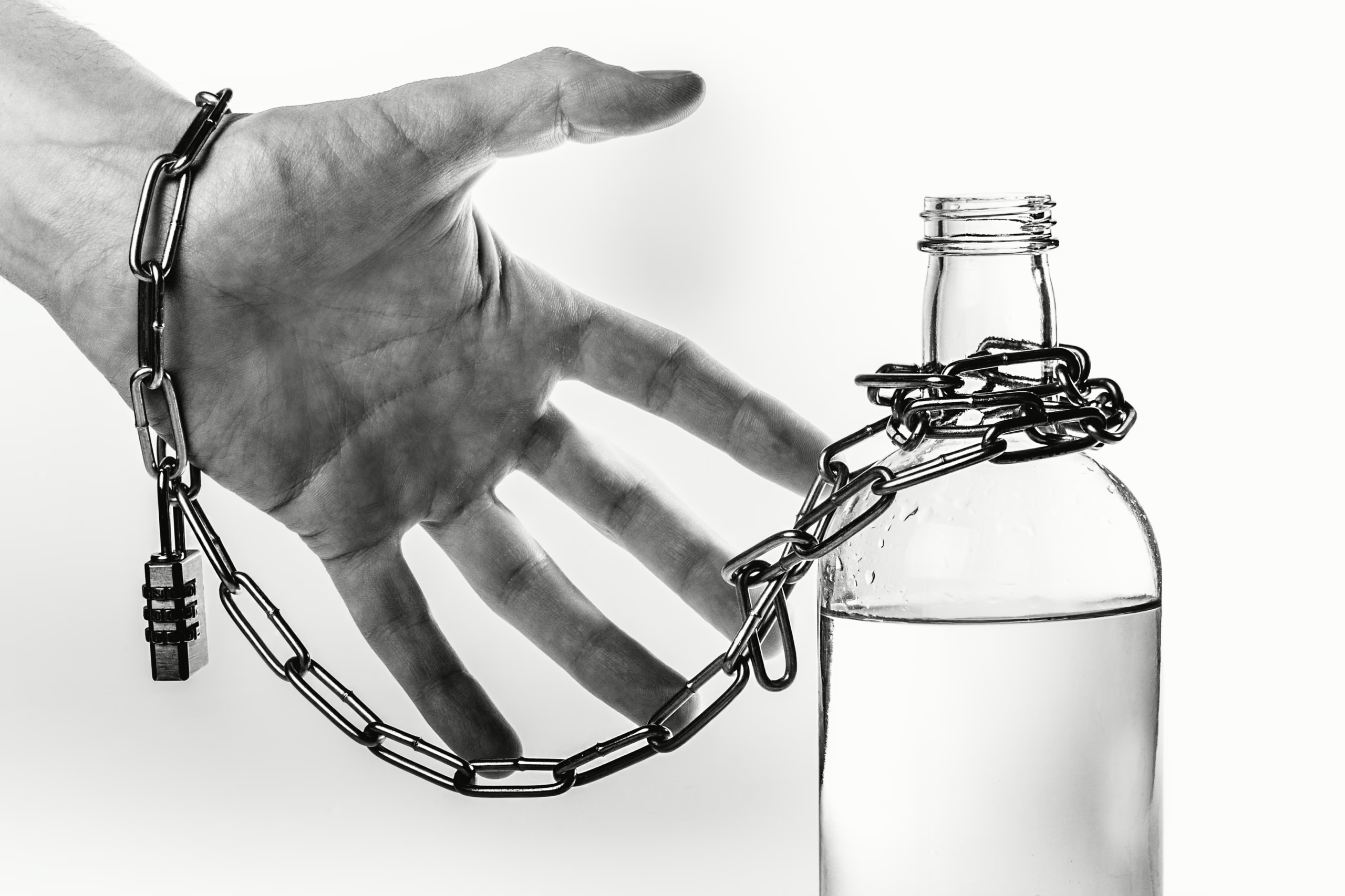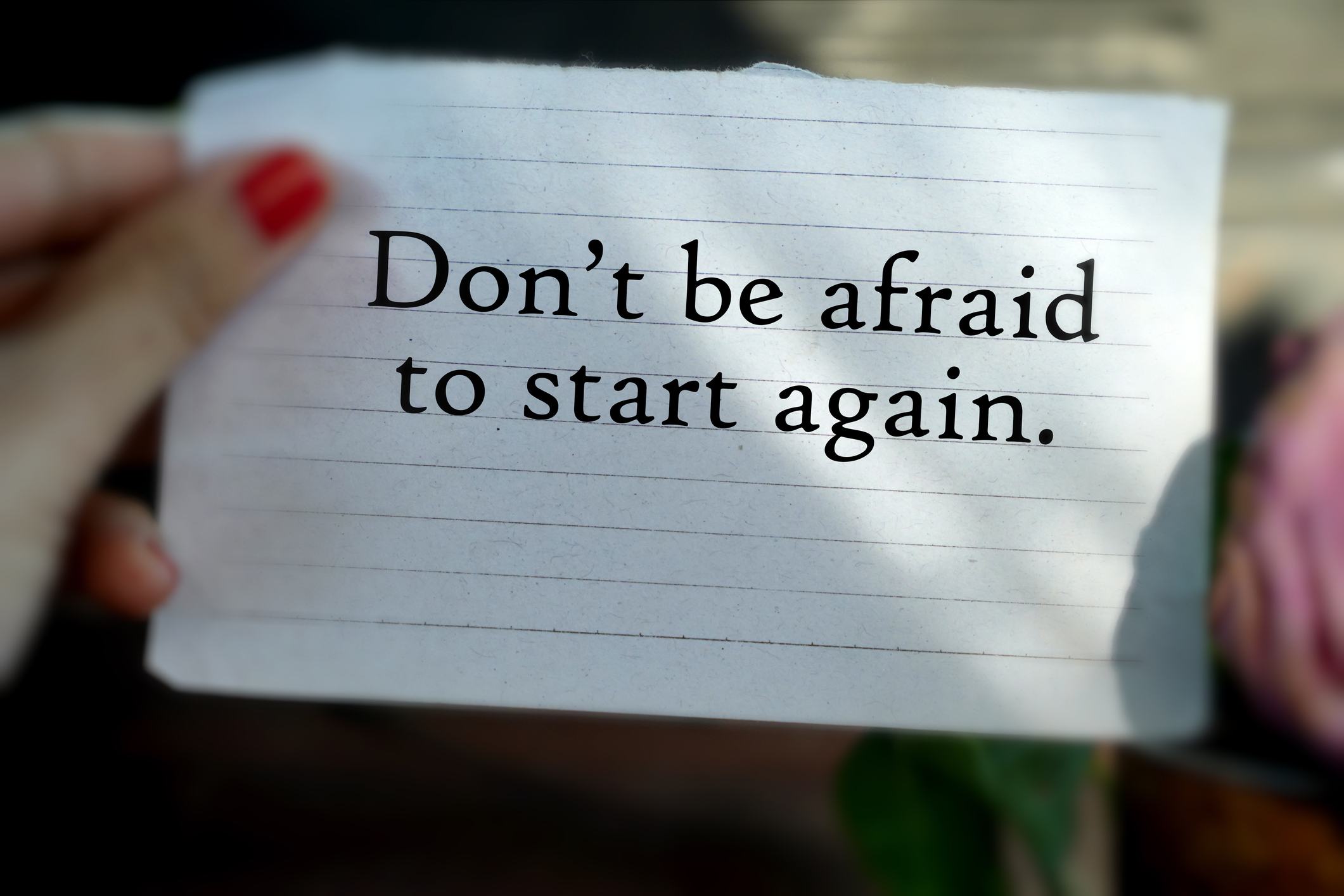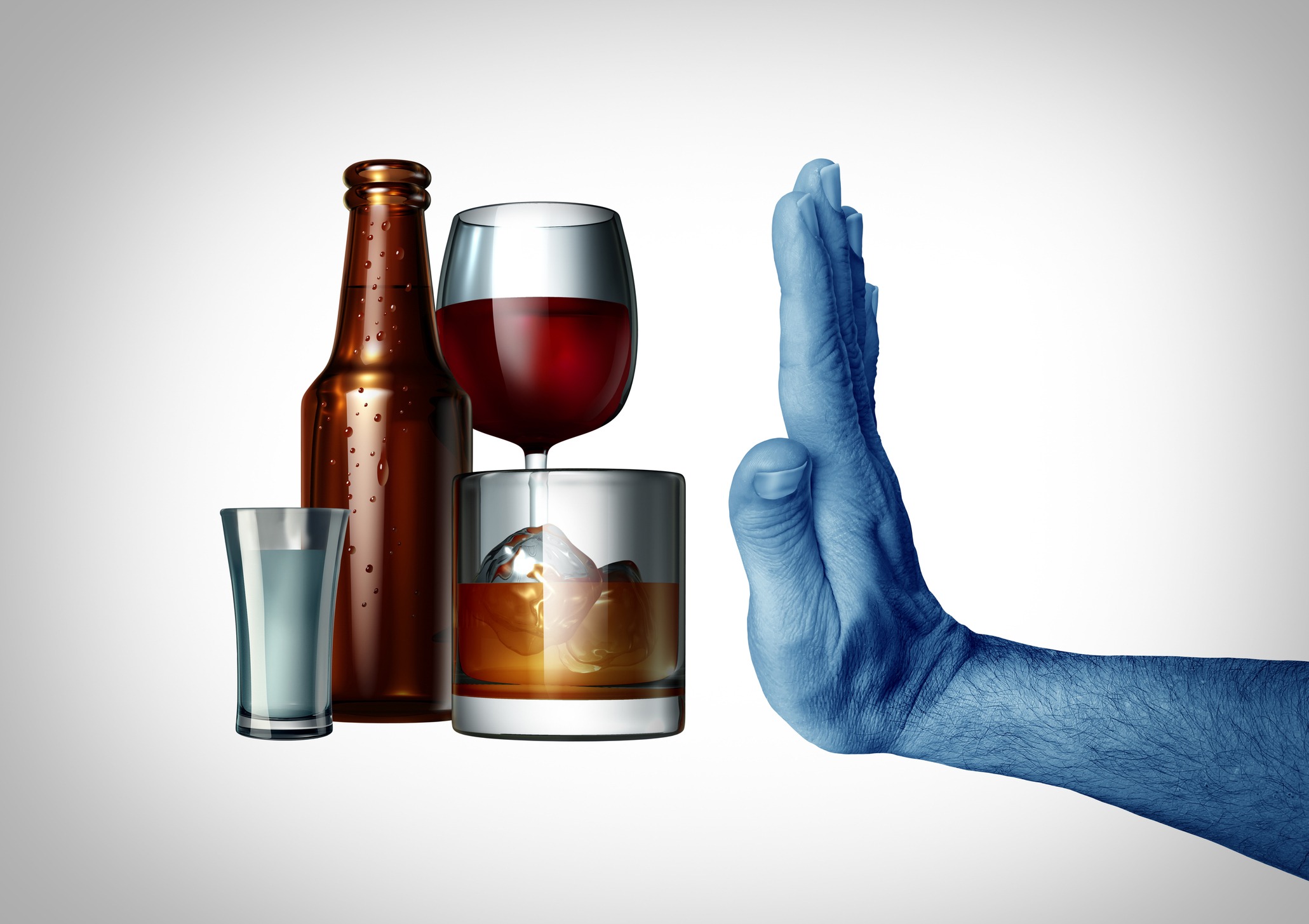Introduction to the Sober Curious Movement
The term “sober curious” has gained traction in recent years as more people question the role drinking alcohol plays in their lives. Unlike traditional sobriety, which often involves a commitment to quit drinking alcohol completely, being sober curious is about exploring the possibility of reducing or eliminating your alcohol consumption to promote personal well-being. Being sober curious encourages people to become more mindful of their drinking habits and consider the impact of alcohol on their health, relationships, and overall quality of life.
A 2020 book by Ruby Warrington called Sober Curious: The Blissful Sleep, Greater Focus, and Deep Connection Awaiting Us All on the Other Side of Alcohol set the stage for a movement that’s growing by leaps and bounds.
What sets the sober curious movement apart is its focus on choice and self-awareness rather than strict rules. People are encouraged to explore their relationship with alcohol without the pressure of committing to lifelong sobriety. This might mean cutting back on drinking in certain social settings or choosing to abstain entirely for a period of time to see how it affects various aspects of life.
As society becomes more health-conscious, the sober curious movement offers a way to reevaluate how we socialize and unwind without relying on alcohol. Some younger people today are challenging the notion that alcohol is necessary for fun and relaxation, opening the door to alternative ways to enjoy life and connect with others. By fostering a culture of mindfulness and self-reflection, the sober curious movement encourages a deeper understanding of the personal and societal implications of alcohol consumption.
Motivations Behind Exploring Sobriety
Reducing your alcohol intake can lead to better physical health, including improved sleep, better clarity and higher energy levels. Studies have shown that American millennials, in particular, are reducing their alcohol consumption, with half reportedly cutting back on their drinking.
One of the key advantages associated with a sober curious lifestyle is an improvement in your physical health. Your sleep quality increases when you drink less. Consuming alcohol at night can disrupt REM sleep, leading to grogginess the next day. By cutting back, people generally wake up feeling more refreshed and ready to tackle the day.
A recent US Surgeon General’s Advisory recently clarified the link between alcohol use and cancer. If you drink alcohol regularly or in large quantities, you are at much higher risk for at least seven different cancers.
Another key motivation is the pursuit of mental clarity and emotional balance. Alcohol can cloud your judgment and heighten emotional responses, leading to unnecessary stress and anxiety. Reducing your alcohol consumption can lead to clearer thinking and more stable emotions, leading to a more centered and fulfilling life.
For some, exploring sobriety is a way to gain more control over their lives. By actively deciding when and how much to drink, many people feel empowered and more in tune with their bodies and minds. This sense of control can be particularly appealing to those who have felt that alcohol has been a dominant force in their social and personal interactions.
Additionally, financial considerations can be a significant motivator. Alcohol can be expensive, and reducing consumption can lead to substantial savings. Bottom line: There are better ways to spend your money.
The motivations for embracing the sober curious lifestyle are varied, but they all center around improving one’s quality of life.
Obstacles in the Journey of Being Sober Curious
Choosing a sober curious lifestyle comes with its own set of challenges. Many social events, from casual get-togethers to significant celebrations – wedding, for example, often revolve around alcohol. Social pressures can make it hard for those exploring sobriety to feel comfortable or included.
Another major obstacle is the ingrained nature of drinking habits. For many, alcohol consumption is a deeply entrenched part of daily routines, whether it’s unwinding with a glass of wine after work or socializing over cocktails. Breaking these routines requires a level of mindfulness, intentionality and commitment that can be difficult to maintain, especially in the beginning.
Peer pressure can also play a significant role in the challenges faced. Friends and family may not always understand or support the decision to drink less, which can lead to uncomfortable conversations or feelings of isolation. This lack of support can make the journey feel lonely and more challenging than it needs to be.
Anyone who has tried Dry January knows that dealing with alcohol cravings and the initial discomfort of change can be a hurdle. The body and mind may resist the shift away from alcohol, leading to moments of doubt or temptation. Building new, healthier habits to replace the old ones is essential but requires time and patience.
Navigating environments where alcohol is prevalent, such as work events or social gatherings, can test one’s resolve. Finding ways to stay committed to the sober curious lifestyle in these situations can be tough but is crucial for long-term success.
Suggestions for Delving into Sobriety
Exploring sobriety is easier if you have employ the right strategies. Start by finding supportive communities and resources. Online forums, local meet-ups, and sober events can offer encouragement and a sense of belonging. Surrounding oneself with like-minded individuals can provide the necessary support to stay on track.
Setting personal goals and boundaries is also crucial. Clearly defining your intentions and limits to yourself and sometimes, others can help you navigate social situations with confidence. For example, commit to sober weekdays or choose to abstain during specific events. Having a plan in place makes sobriety more manageable.
Educating yourself about the effects of alcohol and the benefits of reducing consumption can also be motivating. Understanding the positive impact on your health, relationships, and overall quality of life reinforces the decision to cut back.
Finding new hobbies or activities to replace drinking can help shift focus away from alcohol. Engage in physical activities, pick up a new skill, or immerse yourself in creative pursuits – journaling, sewing, painting or playing the guitar. These alternatives provide fulfilling ways to spend your time and contribute to a healthier lifestyle.
Personal Narratives and Insights
Many individuals who have chosen to explore the sober curious lifestyle share compelling stories of personal growth and transformation. One common theme is the enhancement of personal relationships. People often find that without alcohol, their interactions become more genuine, thoughtful and meaningful. They report feeling more connected and present during social engagements, leading to deeper and more fulfilling relationships.
On the professional front, many who limit their alcohol use say they notice significant improvements in their careers. Enhanced mental clarity and increased focus are frequently cited benefits. With a clearer mind, people experience heightened productivity and creativity, which can result in better job performance and career advancement.
Another powerful insight comes from the sense of empowerment that many feel. By actively choosing to reduce or eliminate alcohol, individuals gain a stronger sense of control over their lives. This can boost self-esteem and foster a more positive outlook on life.
Some people also share how their overall well-being has improved. With better sleep, more energy, and fewer health issues, the physical benefits of avoiding alcohol are clear. These improvements often lead to a more active and engaged lifestyle, allowing individuals to pursue hobbies and interests with renewed vigor.
Hearing these personal stories highlights the diverse and profound impacts of the sober curious journey, offering inspiration and motivation to those considering a similar path.
Conclusion and the Future Prospects of the Movement
The sober curious movement is reshaping how society views alcohol consumption, fostering a culture that prioritizes personal well-being and mindfulness. This growing trend reflects a collective shift towards healthier living and mental clarity. As more people embrace sobriety to one degree or another, the social acceptance of drinking less or not at all continues to increase, reducing the stigma associated with abstaining from alcohol.
As alcohol-free and sober-friendly events and social activities gain popularity, our families and communities will become safer, healthier and happier. Are you ready to do your part?
Sober Curious author Ruby Warrington also has a workbook and self study guide called The Sober Curious Reset: Change the Way You Drink in 100 Days or Less that can help get you on your way to sobriety.











